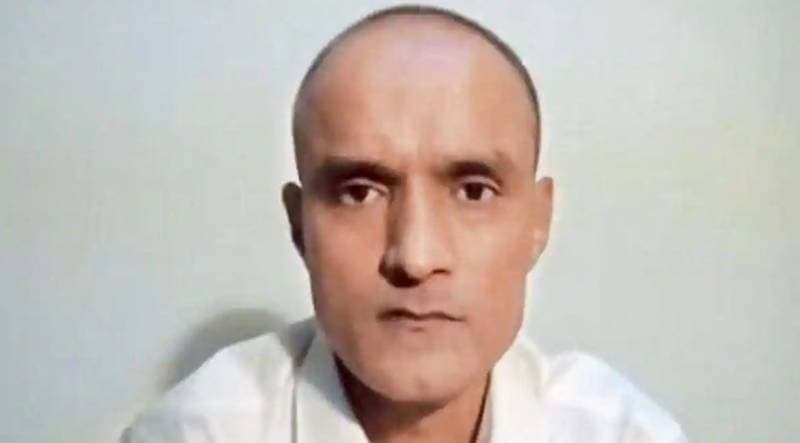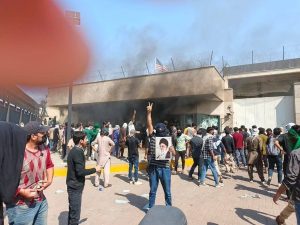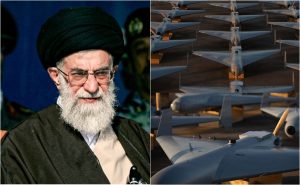ISLAMABAD – Pakistan security forces arrested a serving Indian army officer, Kulbhushan Jadhav, for spying in Balochistan on March 3, 2016.
Today mark the completion of six years of his arrest, once again reminding the world of Indian involvement in terrorist activities in Pakistan.
Federal Information Minister Fawad Chaudhry in a message on Twitter said, “Six years back today, Pakistan Army arrested a serving Indian Army officer #KulbhushanJadhav who was hiding in Balochistan and was masterminding terrorist attacks in Karachi and Balochistan”.
“This was another direct evidence of Indian involvement in terrorism in Pak,” he added.
Six years back today, Pakistan Army arrested a serving Indian Army officer #KulbhushanJadhav who was hiding in Balochistan and was masterminding terrorist attacks in Karachi and Balochistan. This was another direct evidence of Indian involvement in terrorism in Pak
— Ch Fawad Hussain (@fawadchaudhry) March 3, 2022
The Pakistani government had approached the high court in July to appoint a legal representative for Jadhav.
In 2017, a military court awarded death sentence to over espionage charges.
India had taken the matter to the International Court of Justice (ICJ) which stayed the execution and asked Pakistan to provide him consular access.
In July 2020, the federal government moved the Islamabad High Court (IHC) to appoint a counsel for Jadhav in line with the ICJ ruling as Indian was reluctant to avail the legal remedies provided by Pakistan.
India’s continuous refusal to file a review petition in the case speaks loudly about its denial of the ground reality that a serving navy commander was arrested in Balochistan.
The Foreign Office in a statement in December 2020 said that the Indian government was looking for an escape from the legal proceedings in the case of Kulbhushan Jadhav.
“The Government of India is reminded that in pursuance of the judgment of International Court of Justice (ICJ), Pakistan had invited the Indian High Commission to meet with Commander Jadhav and appoint a lawyer on his behalf so that proceedings to review and reconsider Commander Jadhav’s conviction could commence.
“However, during the course of diplomatic exchanges, the Indian High Commission refused to instruct a lawyer itself, as in their view this would amount to a waiver of India’s sovereign immunity,” said FO.
It is reiterated that in line with the judgment of the ICJ, Pakistan has already provided consular access to the Indian High Commission twice and has taken all necessary steps for effective review and reconsideration in the case. The offer of a third consular access is still there.
Pakistani court grants more time to India in spy Kulbhushan Jadhav case














